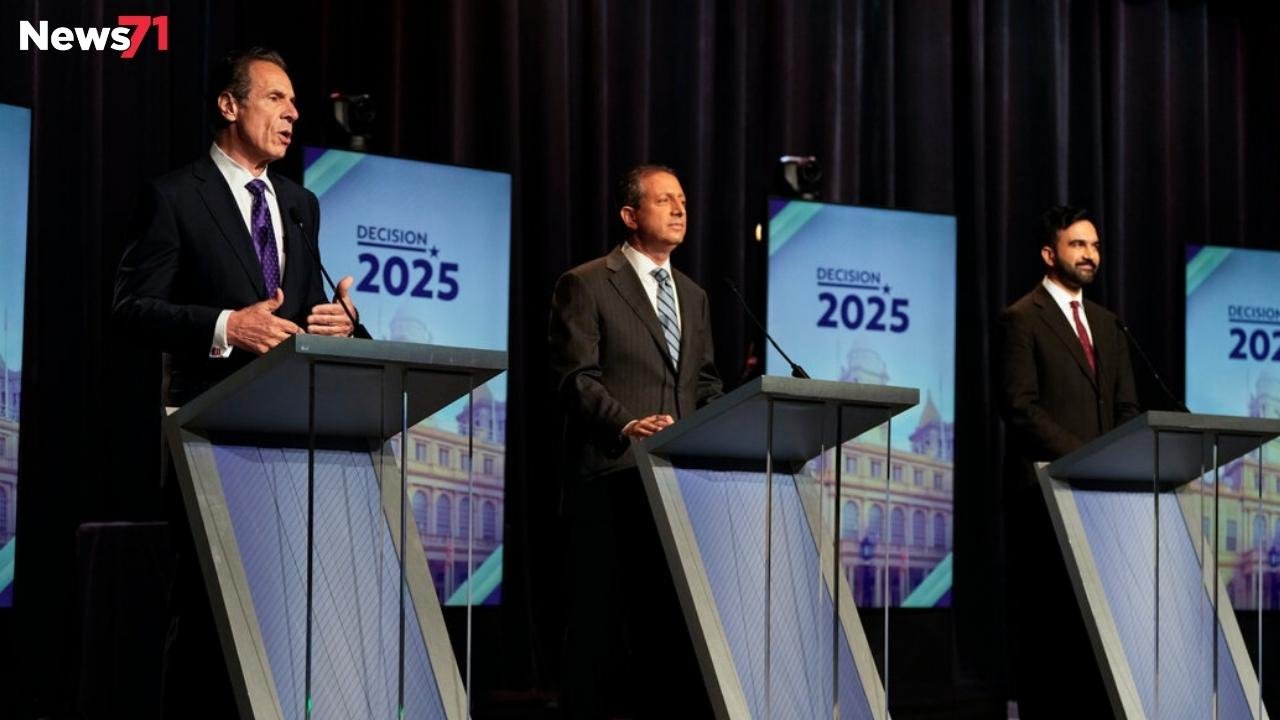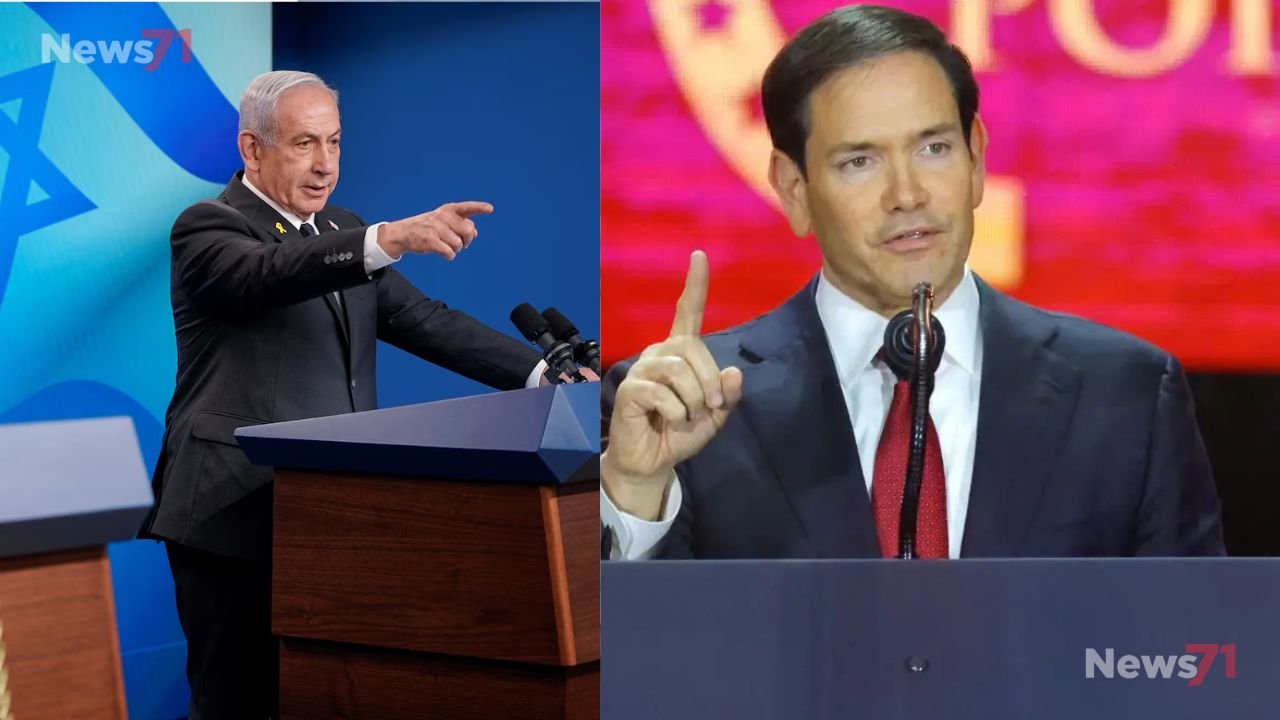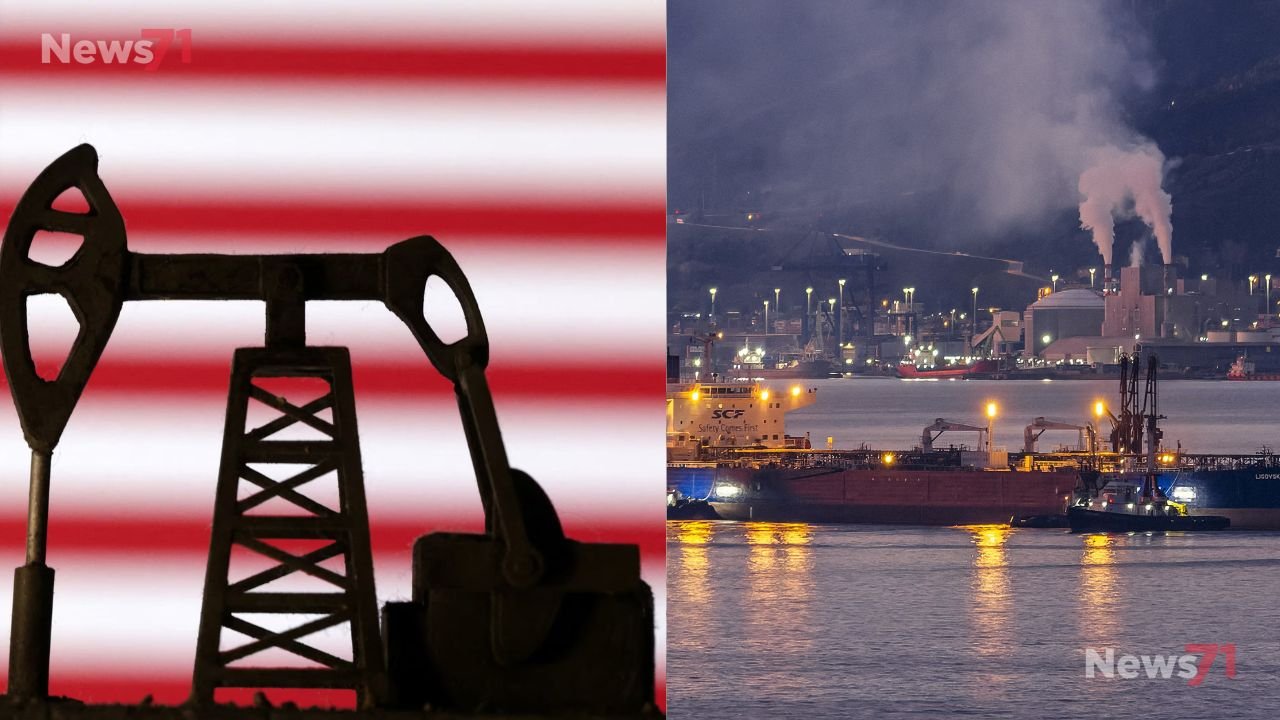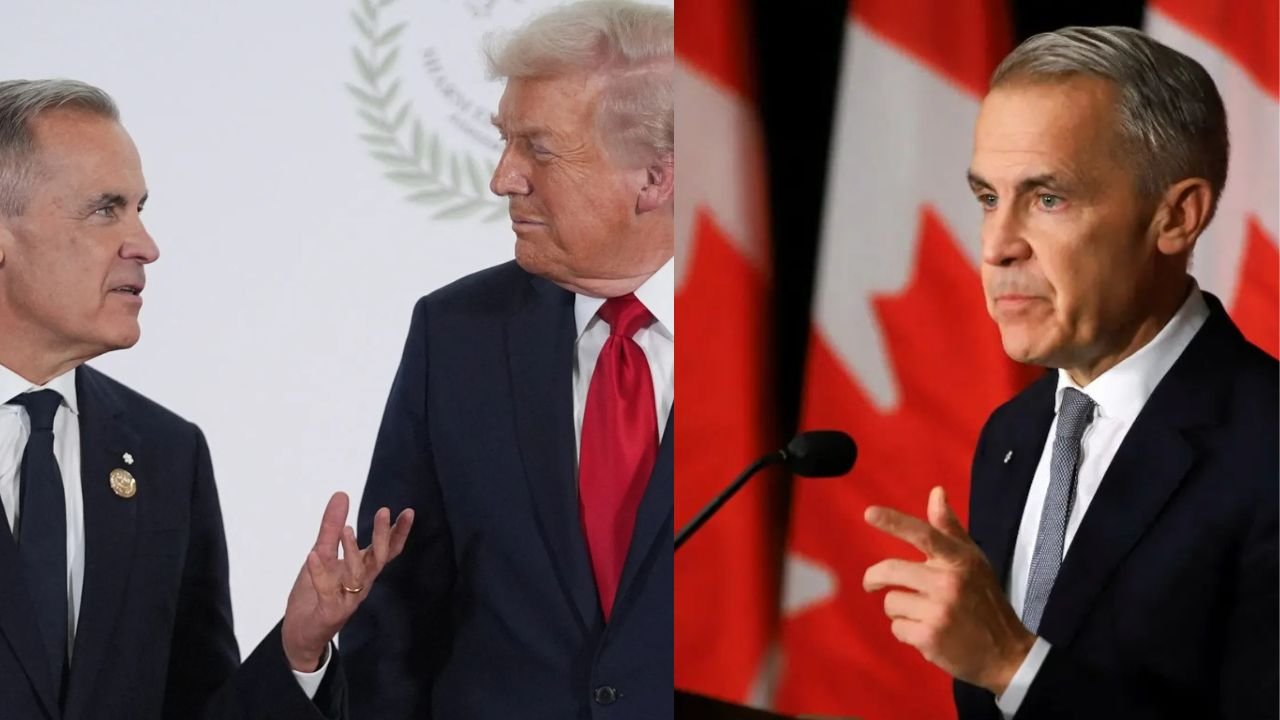An estimated 100,000 nurses, teachers, and public sector workers Strike in New Zealand walked off the job on Thursday in one of the country’s largest-ever strikes, demanding that the government properly fund and resource public services.
The nationwide “mega strike” united more than 60,000 school teachers, 40,000 nurses and medical specialists, and 15,000 public service employees Strike in New Zealand. Despite severe weather cancelling some events in Wellington and other regions, tens of thousands still rallied in cities nationwide, carrying placards and chanting for fair investment in education and healthcare.
Patients shouldn’t have to be harmed or die before things improve, said Becks Kelsey, a nurse speaking at the Auckland rally.
We need the government to invest in the very fabric of our community, not cut the threads that hold it together.
100,000 Workers Strike in New Zealand

Teachers, too, voiced deep frustration. Paul Stevens, a secondary school teacher, told the crowd that many educators were leaving both the profession and the country because they no longer felt valued.
We need our politicians to acknowledge the choices they’ve made over successive governments to starve essential public services of what they need.
The mass action followed months of failed negotiations between multiple unions and the coalition government. While each union’s demands differ slightly, their shared grievances include low pay, unsafe staffing levels, lack of resources, and worsening working conditions that endanger patients, students, and workers Strike in New Zealand.
We fear for our patients’ safety,” said Noreen McCallan, a nurse from Hawke’s Bay. “Staff shortages have become overwhelming. Our patients are waiting longer because we can’t reach them fast enough.
Teachers have raised similar concerns. Liam Rutherford, a teacher from Palmerston North, said that “serious investment in education” was urgently needed.
New Zealand’s health and education systems have been under severe strain, with hospitals facing what doctors have described as “catastrophic failure” due to overcapacity, long wait times, and staffing shortages. Schools have also struggled to fill positions.
Public Demanding Better Pay and Funding

Despite this, the government has cut public service funding in an effort to boost economic growth and has canceled dozens of pay equity claims. Meanwhile, record numbers of New Zealanders are emigrating, many to Australia for better pay and job opportunities particularly in healthcare and education.
The government has dismissed the strike as “politically motivated”, with Prime Minister Christopher Luxon and senior ministers calling it “unfair, unnecessary, and unproductive.”
We’re at the table with offers, while unions are out on the street with megaphones, said Public Service Minister Judith Collins, who labeled the strike a “stunt” that would hurt patients and children.
Many schools closed for the day, and hospitals scaled back non-essential services. Still, public support remains strong a Talbot Mills poll found that 65% of Strike in New Zealand, including nearly half of coalition government voters.
Opposition parties have also thrown their support behind the workers Strike in New Zealand. Labour leader Chris Hipkins blamed the prime minister for the unrest, saying:
Luxon is out of touch and making our health and education systems worse. He’s chosen to reward corporate boardrooms and tobacco companies instead of investing in the services we all depend on.






